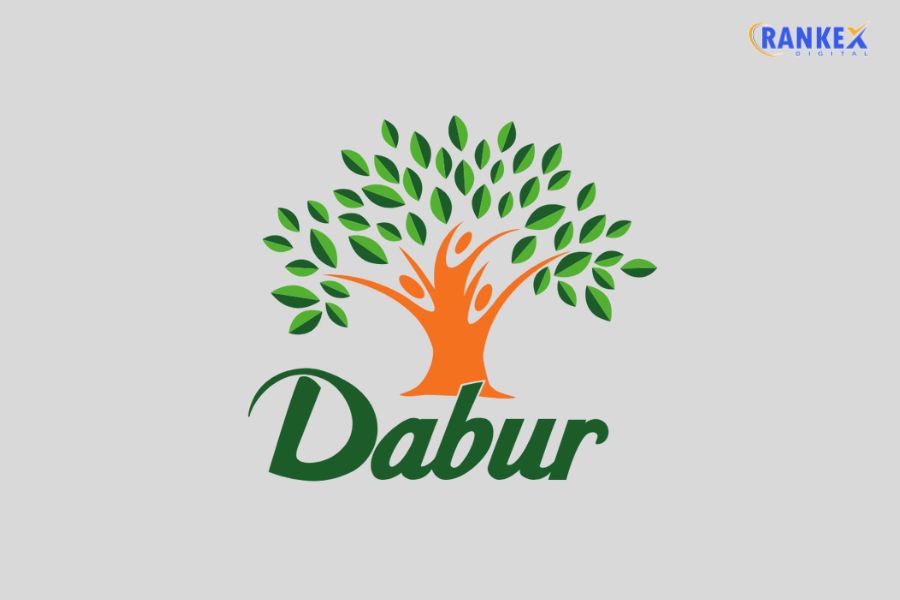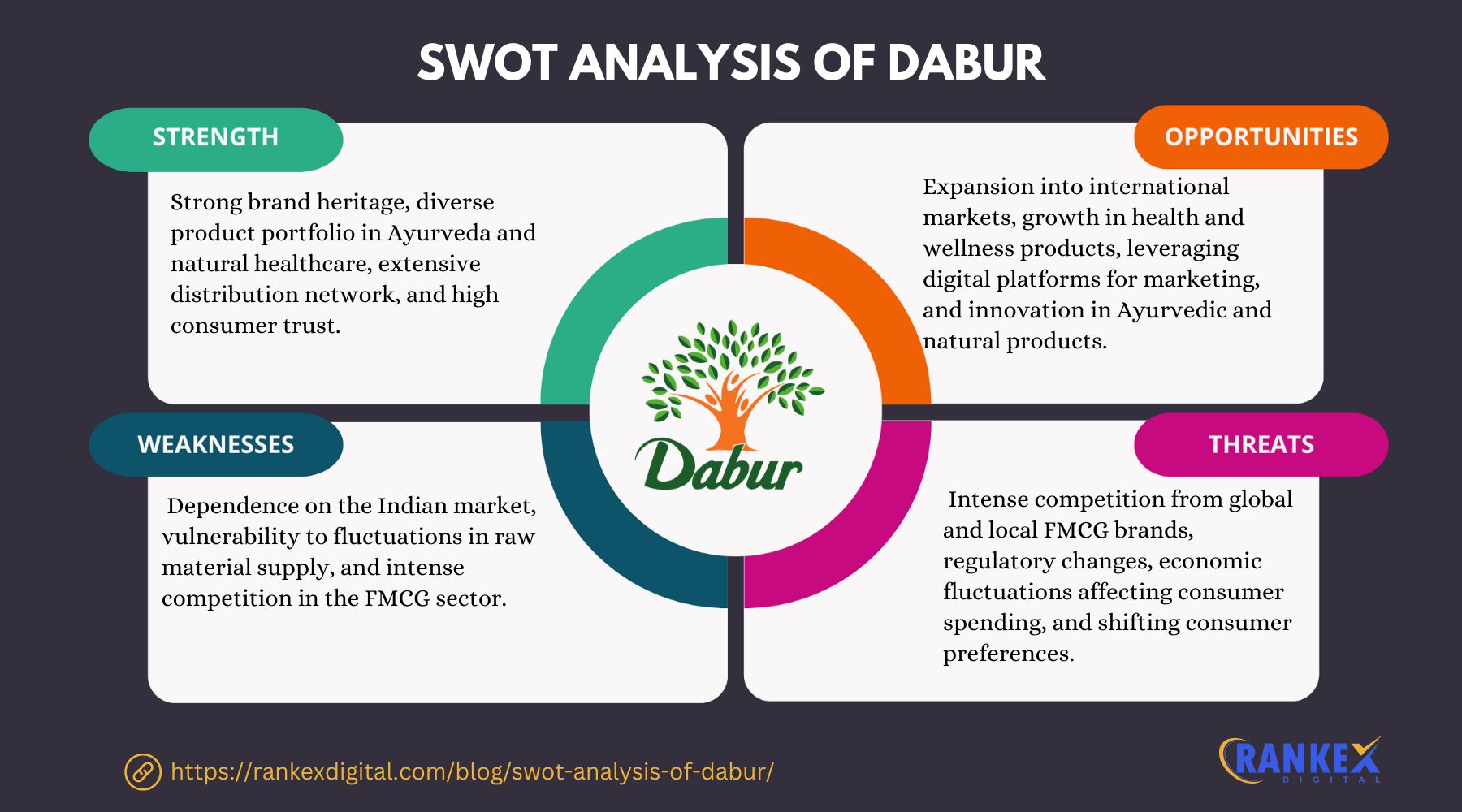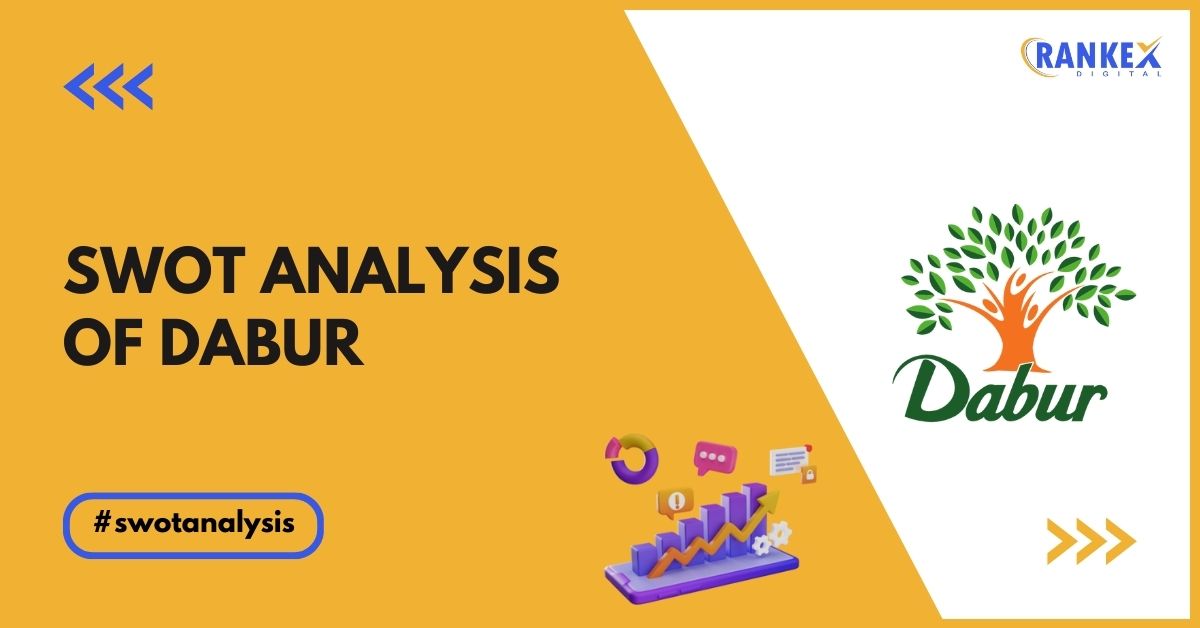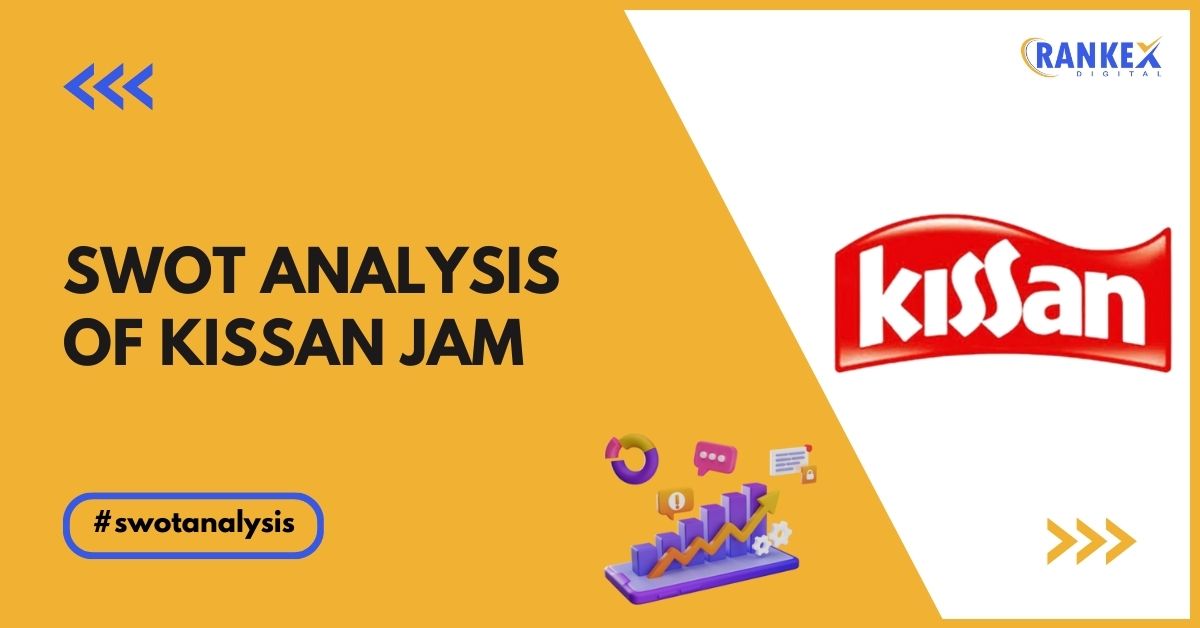Dabur is one of India’s leading consumer goods companies, with a diverse portfolio that spans healthcare, personal care, home care, and food products. Known for its strong focus on Ayurveda and natural health products, Dabur has a robust presence both in domestic and international markets.
This SWOT analysis of Dabur in 2025 explores the company’s strengths, weaknesses, opportunities, and threats as it continues to navigate the dynamic fast-moving consumer goods (FMCG) industry.
Table of Contents
Overview of Dabur

| Founder | Dr. S.K. Burman |
|---|---|
| Year Founded | 1884 |
| Origin | India |
| Industry | FMCG |
| Annual Revenue | $1.3 Billion (FY 2023) |
| Employees | 7,000+ |
Dabur is a leader in the Ayurvedic and natural products space, with over 250+ herbal and natural offerings. It operates in categories like health supplements, digestives, personal care, and home care, serving millions of customers globally.
Current News on the Market on Dabur
- Expansion into Health & Wellness: Dabur continues to expand its health and wellness portfolio, introducing new products in the immunity-boosting, natural supplements, and Ayurvedic medicine categories, responding to post-pandemic health trends.
- Rural Market Focus: Dabur has been making strides in increasing its penetration in rural India, focusing on affordable and accessible product offerings for low-income consumers.
- Sustainability and ESG Initiatives: The company has launched several sustainability programs, including waste management, renewable energy adoption, and the use of eco-friendly packaging to enhance its environmental, social, and governance (ESG) profile.
- Acquisitions and International Growth: Dabur continues to strengthen its international footprint, particularly in Africa, the Middle East, and Southeast Asia, through both organic growth and acquisitions.
SWOT Analysis of Dabur

Strengths of Dabur
- Strong Brand Heritage
Dabur has a legacy of over 130 years, making it a trusted household name in India and abroad. Its association with Ayurveda and natural healthcare gives it a unique market position, especially among health-conscious consumers. - Diverse Product Portfolio
Dabur operates across various categories, including healthcare, personal care, food, and beverages. This diversification reduces its dependence on any single product category, ensuring revenue stability. - Ayurveda and Natural Products Leadership
Dabur is a market leader in Ayurvedic and natural products, which have seen increased demand globally, particularly after the COVID-19 pandemic. Its strong focus on Ayurvedic healthcare solutions sets it apart from many competitors. - Extensive Distribution Network
Dabur’s extensive distribution network spans both urban and rural areas, covering more than 6 million retail outlets in India. This deep penetration into rural markets ensures that its products are accessible to a wide range of consumers. - Global Reach
Dabur has a presence in over 100 countries, including strong markets in the Middle East, Africa, and Southeast Asia. Its international operations contribute significantly to its overall revenue.
Weaknesses of Dabur
- Heavy Dependence on Ayurveda and Herbal Products
While Dabur’s emphasis on Ayurveda is a strength, its over-reliance on this segment can be a weakness. Consumers are increasingly looking for modern, scientifically-backed solutions, which could limit the appeal of Dabur’s traditional offerings. - Lower Market Share in Premium Segments
In certain premium categories like personal care and health supplements, Dabur faces stiff competition from multinational giants like Unilever and P&G, who have a stronger presence and more aggressive marketing in high-end products. - Limited Product Innovation in Non-Ayurvedic Segments
Dabur’s product innovation has largely focused on its Ayurvedic and natural product segments. The company has been slower in innovating in the non-Ayurvedic categories, which are key growth drivers for the overall FMCG market. - Rural Market Dependency
A significant portion of Dabur’s revenue comes from rural markets, making it vulnerable to changes in rural consumer spending or adverse conditions like poor monsoons, which could affect purchasing power. - Supply Chain Challenges
Dabur faces challenges related to sourcing raw materials, particularly for its Ayurvedic products, which require herbs and natural ingredients. Disruptions in the supply chain could lead to product shortages or increased costs.
Opportunities for Dabur
- Rising Health and Wellness Trends
The global shift towards health and wellness presents a significant opportunity for Dabur. As consumers become more health-conscious, the demand for immunity boosters, natural supplements, and Ayurvedic healthcare products is increasing, which Dabur is well-positioned to capitalize on. - Rural Market Expansion
The untapped potential in rural India remains a massive opportunity for Dabur. By introducing more affordable products and expanding its distribution in these areas, the company can continue to grow its rural market share. - Digital Transformation and E-Commerce
As more consumers shift to online shopping, Dabur has the opportunity to enhance its digital presence and strengthen its e-commerce capabilities. Expanding online sales, particularly through its Ayurvedic and health product lines, can attract younger, tech-savvy consumers. - International Market Expansion
Dabur can further expand its global footprint, particularly in emerging markets where there is a growing demand for natural and herbal products. The company can also explore new markets in Europe and North America, where interest in natural health products is growing. - Product Innovation in New Categories
By innovating in categories like functional foods, natural skincare, and nutraceuticals, Dabur can tap into new customer segments and further diversify its product portfolio beyond traditional Ayurveda.
Threats to Dabur
- Intense Competition from MNCs
Dabur faces fierce competition from multinational companies like Unilever, P&G, and Colgate-Palmolive in categories like personal care, health supplements, and home care. These competitors often have larger marketing budgets and more aggressive strategies. - Raw Material Price Volatility
Dabur’s reliance on natural ingredients exposes it to fluctuations in raw material prices. Any significant increase in the cost of herbs, fruits, and other natural resources could impact the company’s profitability. - Regulatory Risks
Stricter regulations on the production, labeling, and marketing of Ayurvedic and herbal products could increase compliance costs for Dabur. Additionally, any adverse findings regarding the safety or efficacy of such products could damage the brand’s reputation. - Changing Consumer Preferences
As consumers’ preferences shift towards more scientifically-backed or modern products, Dabur could face challenges in maintaining its customer base, especially in urban and developed markets. - Economic Slowdowns
Economic downturns, particularly in key markets like India, could lead to reduced consumer spending, especially on discretionary products. Dabur’s rural market focus makes it particularly vulnerable to any downturn in agricultural incomes or rural economic activity.
Competitors of Dabur
- Hindustan Unilever
HUL is a key competitor of Dabur in the personal care and health supplements segments, with a diverse range of well-established brands and a strong presence in urban markets. - Patanjali
Patanjali is a major rival in the Ayurvedic and natural products space, offering similar health and personal care products with a strong nationalistic appeal. - Emami
Emami competes directly with Dabur in several product categories, particularly in the herbal and Ayurvedic personal care segments, with brands like Zandu and Navratna. - Procter & Gamble (P&G)
P&G competes with Dabur in the personal care and home care segments, particularly in premium categories where Dabur has a relatively weaker presence. - Marico
Marico is another competitor in the health and personal care space, particularly in the hair oils and health foods categories.
Conclusion
Dabur’s strong legacy in Ayurveda, its diverse product portfolio, and its extensive rural distribution network position it well for continued growth in 2025. The company’s opportunities lie in capitalizing on rising health and wellness trends, expanding its international presence, and leveraging digital channels.
However, it must navigate challenges such as raw material price volatility, intense competition from multinationals, and shifting consumer preferences to maintain its market leadership.
Frequently Asked Questions
1. What are the strengths of Dabur?
Dabur’s strengths include its strong brand heritage, leadership in Ayurveda and natural products, extensive distribution network, and global reach.
2. What are the weaknesses of Dabur?
Weaknesses include dependence on Ayurveda, slower innovation in non-Ayurvedic segments, and vulnerability to rural market fluctuations.
3. What opportunities does Dabur have in 2025?
Opportunities include rising demand for health and wellness products, rural market expansion, digital transformation, and international market growth.
4. What are the threats faced by Dabur?
Dabur faces threats from intense competition, raw material price volatility, regulatory risks, and changing consumer preferences.









